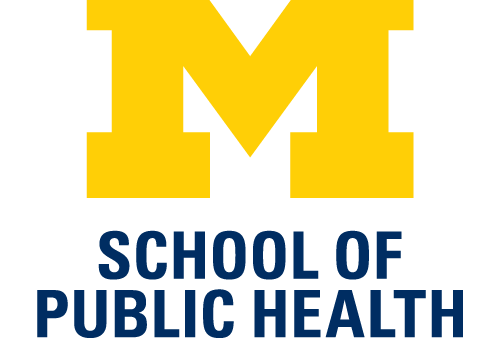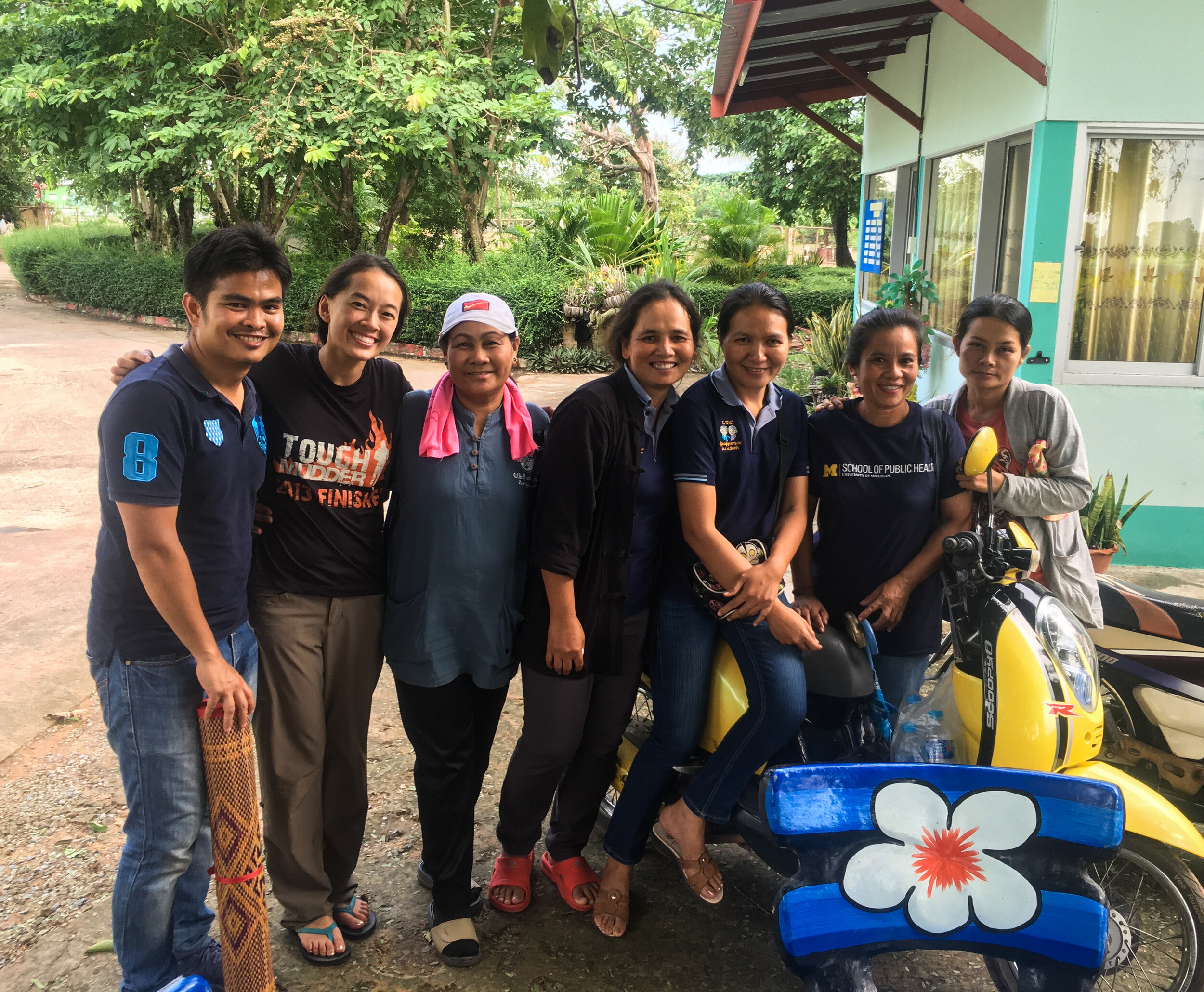Informal E-Waste Recycling Health Intervention
What I Did
Over 3 years, I worked with an international team of professors and students in public health and economics to understand the health effects of informal electronic waste (e-waste) recycling in rural Thailand. In collaboration with local researchers and community health workers, I conducted design ethnography, conjoint analysis, and auction methods that ultimately informed the design of one intervention that could mitigate hand injuries during e-waste dismantling tasks.
Role: UM Engineering Design Research Lead
Teammates
Dr. Jesse Austin-Breneman, UM Engineering Lead
Dr. Rick Neitzel, UM Public Health Lead
Dr. Kowit Nambunmee, MFLU Public Health Lead
Dr. Aubrey Arain, UM Public Health Fieldwork Lead
Dr. Ach Adhvaryu, UM Behavioral Economics Lead
Kie Jindaphong, MFLU Public Health Researcher
Fah Kaviya, MFLU Public Health Researcher
Marianna Coulentianos, UM Behavioral Economics Researcher
Mojtaba Arezoomand, UM Engineering Data Scientist
Stakeholders
Toolkit
Interviews
Observations
Surveys
Conjoint analysis
Contextual inquiry
Desk research
Stakeholder mapping
Mockups
Machining
Qualitative analysis
Quantitative analysis
The Process
Clarify the Goal
The UM School of Public Health (SPH) and Mae Fah Luang University (MFLU) had a long-term partnership investigating the health impacts of informal e-waste workers due to potential safety hazards of informal workplaces and the use of crude tools and methods. I was brought on to the project to lead the identification and development of possible interventions to improve health outcomes of the informal workers.
Understand the Situation
I traveled with the team to rural northeastern Thailand (and Santiago, Chile to see the work in a different context) to understand the values, strengths, and challenges of the informal e-waste workers in the areas. In collaboration with local researchers and community health workers, I interviewed and surveyed the e-waste workers to identify their values and needs and conducted observations and contextual inquiry to understand nuances of their work. I learned that while this work does have potential negative health effects for the workers, it also supports their livelihoods and sending their children to school.
Bridge the Gap
With my deeper understanding of the informal e-waste communities, I wanted to ensure that we acknowledged the economic importance of e-waste recycling in our approach to a possible intervention. Our team decided to develop a hand tool intervention that could mitigate common hand injuries during recycling tasks. I created a set of prototypes to be used in a conjoint analysis and economics-based auction that we implemented in Thailand and used the data to inform user preferences and willingness to pay for further development of the tool.
How I Did It
Click through the gallery to read more about each step of my process.

















